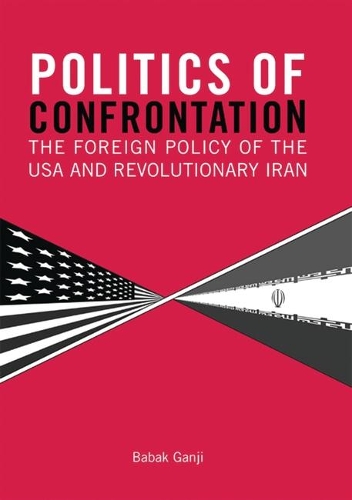
Politics of Confrontation: The Foreign Policy of the USA and Revolutionary Iran
(, Annotated edition)
Publishing Details
Politics of Confrontation: The Foreign Policy of the USA and Revolutionary Iran
By (Author) Babak Ganji
Bloomsbury Publishing PLC
I.B. Tauris
28th April 2006
Annotated edition
United Kingdom
Classifications
General
Non Fiction
327.73055
Physical Properties
328
Width 156mm, Height 234mm
Description
Did the United States know more than it acknowledges about growing unrest under the Shah in mid-1970s Iran Have historians of American-Iranian relations focused too narrowly on prevailing historical theory and personal recollection In a period of escalating tension between the United States and Iran, what can the two nations' history of conflict tell us about their future diplomatic efforts Covering the last days of the reign of the Shah to the revolution under the Ayatollah Khomeini, Babak Ganji presents a thorough examination of US policy towards Iran in the final years of the Carter administration within the historical framework of US-Iranian Relations. He provides the first in-depth look at US documents seized from the American Embassy by revolutionary students during the infamous hostage crisis, casting new light on a subject that has captivated historians' attention for decades. "Politics of Confrontation" debunks the myth that US officials were unaware of the nature and strength of the Shah's opposition, and sheds new light on the Soviet Union's increasing influence over senior politicians. Ganji explores the nature of the perpetually antagonistic relations between the two countries and the mistrust and misunderstanding that fuels it. His findings are invaluable to historians of US diplomacy, Iran and the Cold War.
Reviews
'An outstanding piece of research which offers an important and original perspective on the history of US-Iranian relations' Professor John Dumbrell, University of Leicester
Author Bio
Babak Ganji carried out his research at the University of Newcastle-Upon-Tyne. He is a specialist in US foreign policy, and Middle Eastern politics and history.
